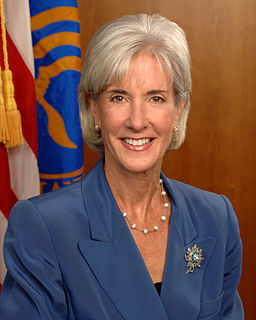A Quote by John Rhys-Davies
I count myself a a rationalist and a skeptic with a very conscious awareness of my indebtedness to Western Christian civilization, and I am a fairly passionate defender of it.
Related Quotes
I am among those who believe that our Western civilization is on its way to perishing. It has many commendable qualities, most of which it has borrowed from the Christian ethic, but it lacks the element of moral wisdom that would give it permanence. Future historians will record that we of the twentieth century had intelligence enough to create a great civilization but not the moral wisdom to preserve it.
On the future of the U.S., or of Western civilization in general, I tend to be quite pessimistic. I would say that today I see most of the symptoms of societies on the brink of collapse, not just in the U.S., but in the tightly interconnected societies of Western civilization - now essentially world civilization.
I'm a champion for western civilization and, yes, our English language is a big part of it. It's a carrier of freedom. Wherever the English language has gone globally, freedom went with it. Science technology has always lifted up the standard of living on average of everybody on the planet. I want more of that, not less. There are civilizations that produce very little, if any. This western civilization is a superior civilization, and we want to share it with everybody.
The phrase I use is 'easy camaraderie.' Non-western immigrants of color and their progeny like me - my parents came here fifty years ago and I was born and raised in Rochester - whether it's Teju Cole, or Rudresh Mahanthappa, or Himanshu Suri, or Miya Masaoka, or Barack Obama, we all have that in common. And that's different from being descended from enslaved African captives. I am very conscious of that difference, and conscious of how easy it is to forget about it. I find myself always coming up against that.
The argument now that the spread of pop culture and consumer goods around the world represents the triumph of Western civilization trivializes Western culture. The essence of Western civilization is the Magna Carta, not the Magna Mac. The fact that non-Westerners may bite into the latter has no implications for their accepting the former.
If we have an element of Americans here that reject western civilization, and that's a big element, that reject western civilization, then what have we? This is an effort on the left I think to break down the American civilization and the American culture and turn it into something entirely different.
Japan today has become acquainted with the Western civilization of the rule of Might, but retains the characteristics of the Oriental civilization of the rule of Right. Now the question remains whether Japan will be the hawk of the Western civilization of the rule of Might, or the tower of strength of the Orient.



































